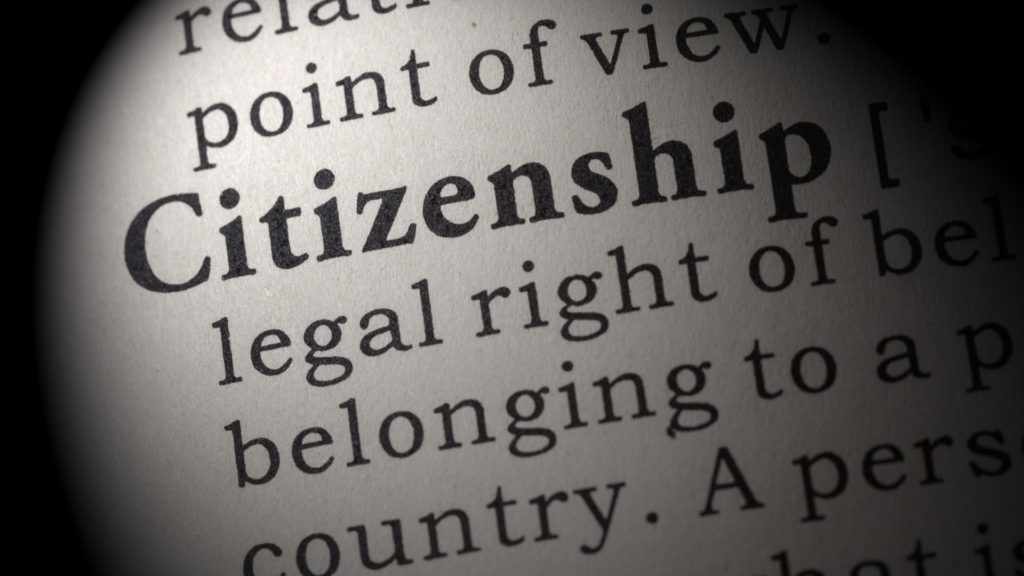The Citizenship Amendment Act: A Controversial Path to Naturalization
By Legum Phoenix and Team

In December 2019, the Indian Parliament enacted the Citizenship Amendment Act (CAA), a legislation that sparked immense controversy and debate across the nation. This act amended the Citizenship Act of 1955, introducing a pathway to Indian citizenship for persecuted minorities from three neighboring countries. However, its provisions were seen by many as discriminatory and a threat to India’s secular fabric.
A Brief History
In December 2019, the Indian Parliament enacted the Citizenship Amendment Act (CAA), a legislation that sparked immense controversy and debate across the nation. This act amended the Citizenship Act of 1955, introducing a pathway to Indian citizenship for persecuted minorities from three neighboring countries. However, its provisions were seen by many as discriminatory and a threat to India’s secular fabric.
Controversial Provisions
While the stated objective of the CAA was to provide a legislative solution for persecuted minorities, its exclusion of Muslims from the list of eligible communities sparked widespread criticism and protests. Opponents argued that the act violated the fundamental principles of equality and secularism enshrined in the Indian Constitution, as it discriminated on the basis of religion.
Another contentious aspect of the CAA was its omission of persecuted minorities from other neighboring countries, such as Sri Lanka and Myanmar. This raised concerns about the selective nature of the legislation and its potential to cause further marginalization of certain groups.
Legal Challenges and Implications
The CAA faced numerous legal challenges in the Supreme Court of India, with petitioners arguing that it contravened the constitutional provisions of equality before the law and the prohibition of discrimination based on religion. The apex court, while refraining from issuing a stay on the implementation of the act, agreed to examine its constitutional validity.
Beyond the legal realm, the CAA had far-reaching implications for India’s socio-political landscape. Widespread protests erupted across the country, with citizens voicing their dissent against what they perceived as a divisive and discriminatory law. These protests, particularly in areas like Delhi’s Shaheen Bagh, drew global attention and reignited debates on India’s commitment to secularism and human rights.
The CAA also had international ramifications, with several countries and human rights organizations expressing concerns over its potential to marginalize certain communities and undermine India’s democratic principles.
Moving Forward
As the legal battles continue in the Supreme Court, the fate of the CAA remains uncertain. Proponents argue that it provides a much-needed solution for persecuted minorities seeking refuge in India, while critics maintain that it undermines the country’s secular foundations and sets a dangerous precedent for future legislation.
Regardless of the outcome, the CAA has ignited a broader discourse on the complex interplay between citizenship, religion, and human rights in contemporary India. It has raised fundamental questions about the nature of India’s democracy and the values upon which it is built.
In the wake of this controversy, it is imperative for policymakers, legal experts, and citizens alike to engage in constructive dialogues and seek solutions that uphold the principles of equality, non-discrimination, and inclusivity. The CAA serves as a reminder that legislation, particularly concerning sensitive issues like citizenship, must be carefully crafted to ensure harmony, social cohesion, and the preservation of constitutional values.
Conclusion
The Citizenship Amendment Act has undoubtedly emerged as one of the most contentious legislations in recent Indian history. Its passage has revealed deep fissures within the country’s socio-political landscape and reignited debates on the delicate balance between religious identity, constitutional principles, and human rights. As the legal battles continue, it is crucial for India to engage in introspection and dialogue, seeking solutions that uphold the nation’s democratic ideals while addressing the genuine concerns of persecuted minorities. The CAA saga serves as a reminder that the path to true inclusion and progress lies in embracing diversity, fostering pluralism, and safeguarding the fundamental rights of all citizens, irrespective of their religious affiliations.